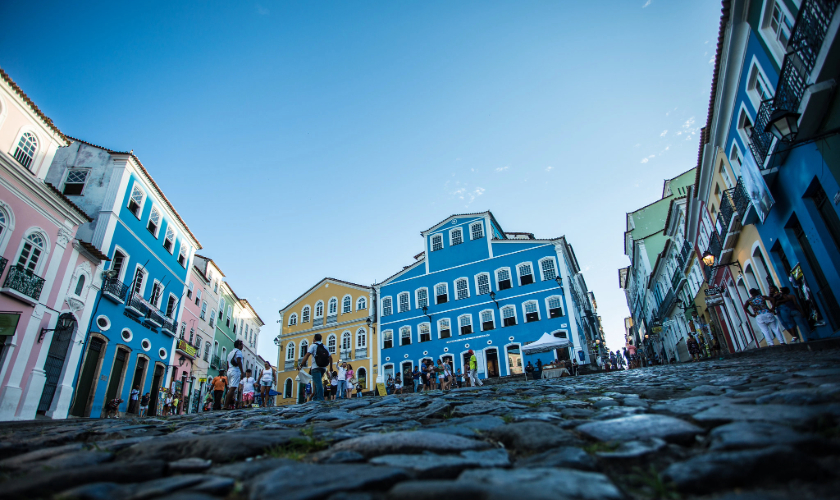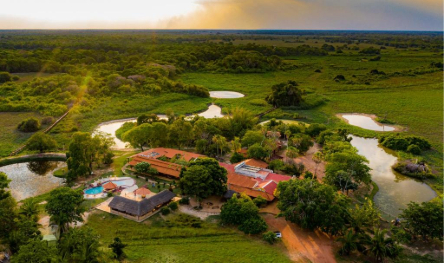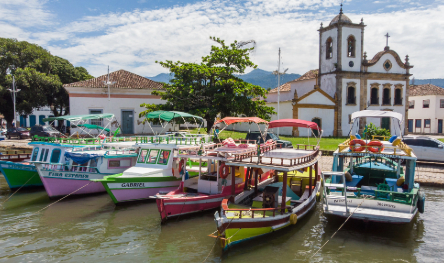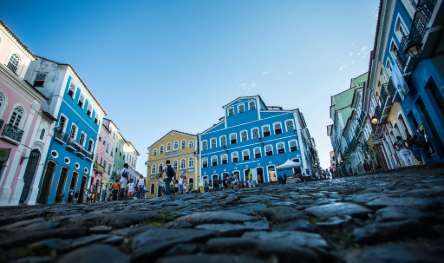1. Trios Elétricos
The heart of Salvador's Carnival is the "Trios Elétricos," large trucks equipped with powerful sound systems and live bands. These trios carry musical acts, often featuring popular Brazilian genres like Axé music, samba- reggae, and other regional styles.
2. Circuits
The city is divided into circuits, which are designated routes where the Trios Elétricos parade. The three main circuits are Barra-Ondina, Campo Grande, and Pelourinho. Each circuit has its unique characteristics and attracts different crowds.
3. Blocos and Afoxés
Blocos are large groups of people following a specific trio or band, dancing and singing along the way. Afoxés are Afro-Brazilian groups that participate in the Carnival, bringing a mix of music, dance, and cultural elements.
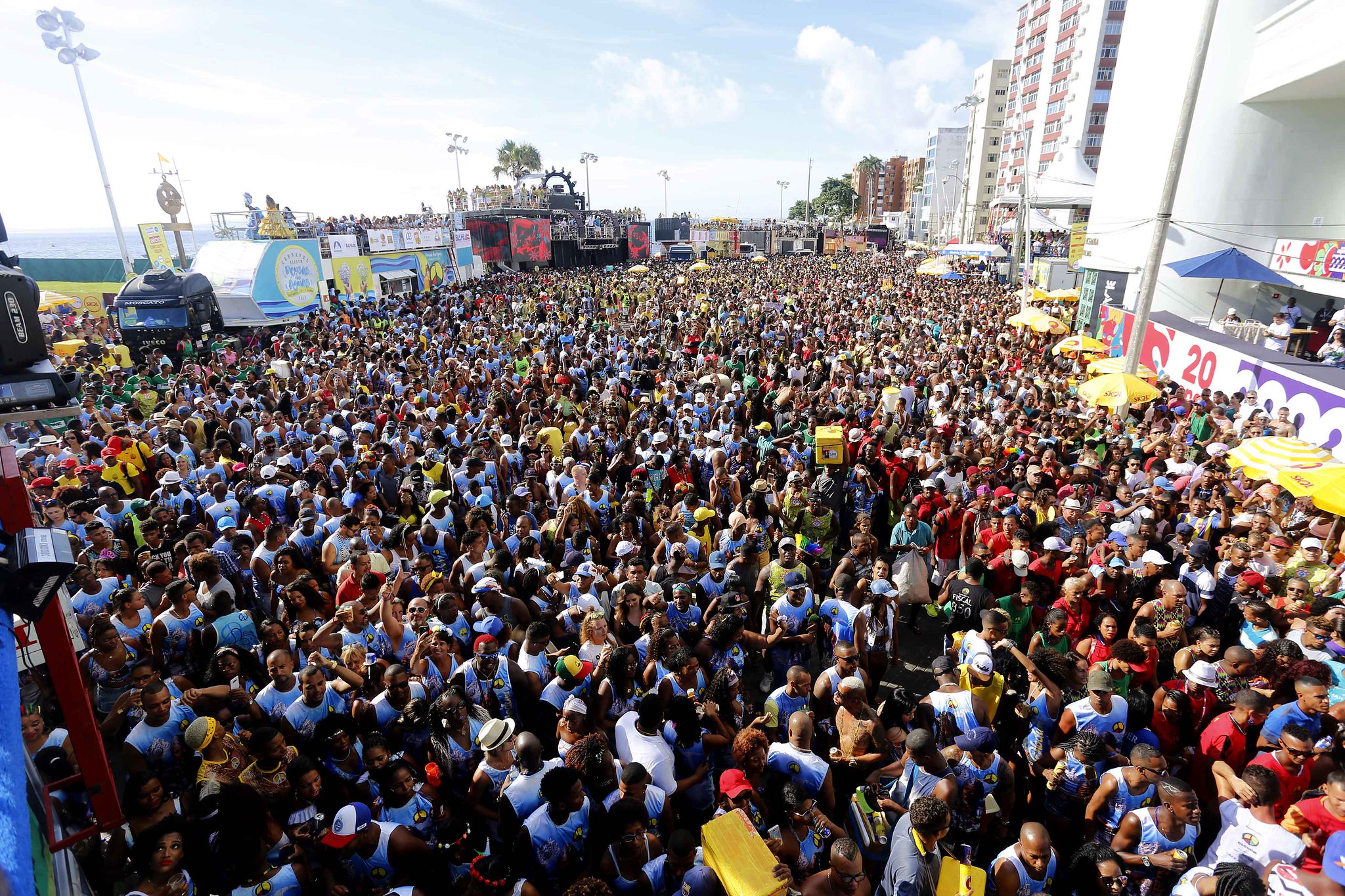
(Imagem: Alfredo Filho / SECOM)
4. Abadás
To participate in a bloco or follow a trio, participants typically purchase a special outfit called an "Abadá." The Abadá serves as a pass to join the group, granting access to a roped segregated area around the trio-elétrico and creating a sense of camaraderie among participants.
5. Pipoca (Free Folks)
Not everyone follows a bloco or trio with an Abadá. Those who prefer to join the celebration without a specific group are called "pipoca" or "free folks." They dance and enjoy the festivities from the sidelines, contributing to the overall exuberance of the Carnival.
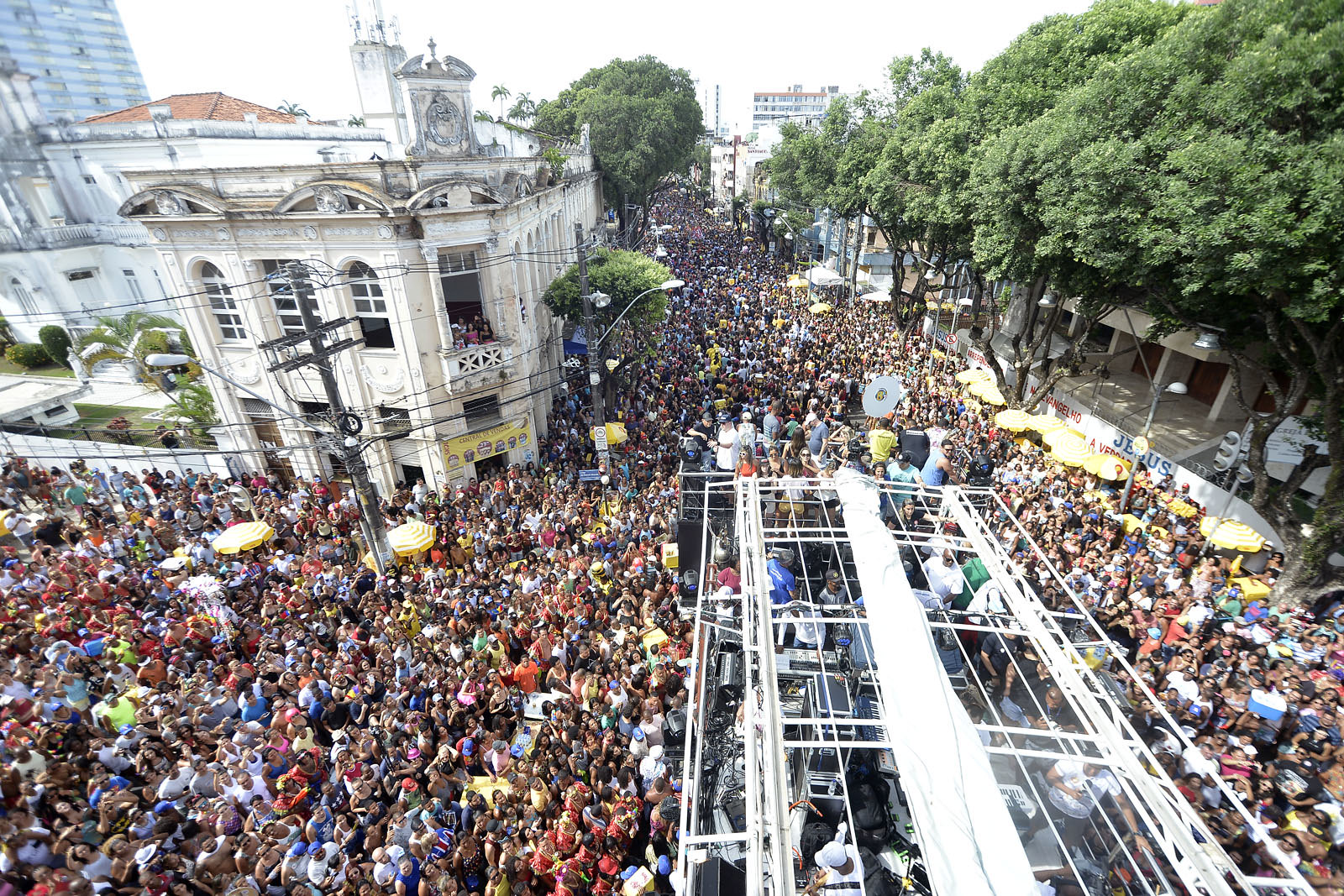
(Imagem: Jefferson Peixoto / SECOM)
6. Street Parties
In addition to the organized parades, Salvador's Carnival is renowned for its spontaneous street parties known as "arrastões." These impromptu gatherings feature music, dance, and the joyous spirit of the Carnival.
7. Duration
The Salvador Carnival is an extended celebration, spanning several days leading up to Ash Wednesday. The festivities officially kick off with the crowning of the Carnival King and Queen and continue with non-stop music, dancing, and revelry.
8. Historical Center (Pelourinho)
Pelourinho, the historic center of Salvador, hosts a unique Carnival experience with cultural events, performances, and street parties. The Pelourinho circuit showcases the city's rich Afro-Brazilian heritage.
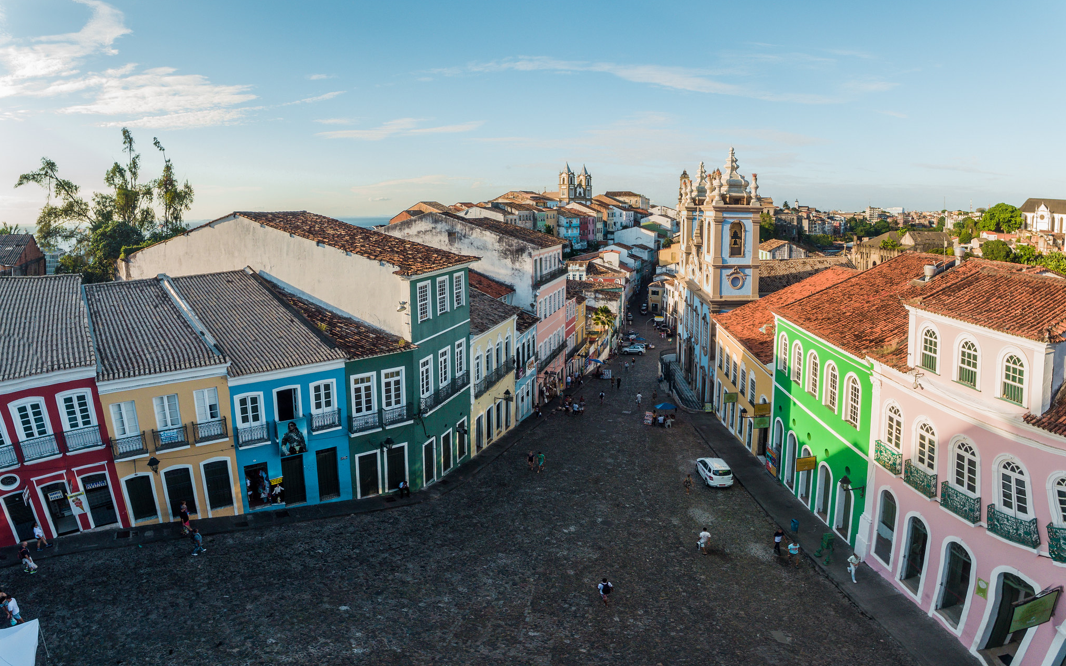
(Imagem: Marcio Filho / MTur)
9. Camarotes and Hospitality Areas
Similar to Rio de Janeiro, Salvador offers camarotes, which are elevated viewing areas with amenities like seating, bars, and restrooms. These areas provide a more comfortable and exclusive experience for those seeking a premium Carnival experience.
10. Security and Infrastructure
The city invests in security measures and infrastructure to ensure the safety and enjoyment of Carnival-goers. The police presence is heightened, and medical assistance stations are strategically located along the circuits.
The Salvador Carnival is a participatory and inclusive celebration, where locals
and tourists alike come together to revel in the music, dance, and infectious
energy that define this iconic Brazilian event.

